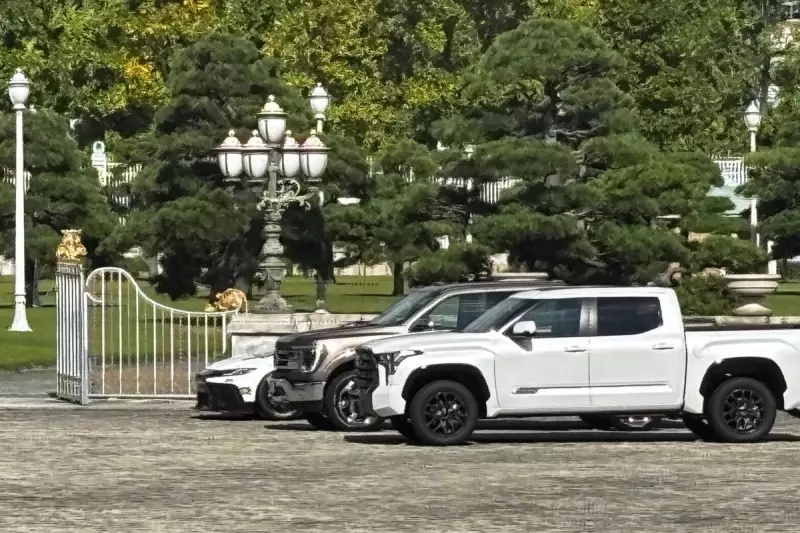
In a revealing private discussion that could signal future trade policy directions, former US President Donald Trump has made a direct appeal to Japanese officials to significantly increase imports of American-made automobiles.
The conversation occurred during a meeting with Sanae Takaichi, Japan's economic security minister, where Trump suggested that Japanese consumers should be encouraged to purchase vehicles from American manufacturers like Ford to avoid potential tariffs under a future Trump administration.
A Strategic Trade Proposal
According to sources familiar with the discussion, Trump presented what amounted to a quid pro quo arrangement: if Japanese consumers increase their purchases of American vehicles, they might receive preferential treatment when it comes to future trade policies and potential tariff implementations.
The former president's comments highlight his continued focus on bilateral trade relationships and his signature approach of using potential tariffs as leverage in international negotiations.
Japanese Response and Implications
Minister Takaichi, a prominent figure in Japan's ruling Liberal Democratic Party, engaged in what was described as a "wide-ranging discussion" with the Republican presidential frontrunner. The meeting underscores how international leaders are already positioning themselves for potential policy shifts should Trump return to the White House.
The automotive industry represents a crucial sector in US-Japan trade relations, with American manufacturers historically seeking greater access to the Japanese market, while Japanese automakers have established significant manufacturing presence in the United States.
Broader Trade Strategy Emerging
This private exchange suggests Trump continues to view automotive trade as a priority area in international economic relations. His administration previously renegotiated trade agreements with several countries, often focusing on automotive sectors and manufacturing.
The comments to Japanese officials align with Trump's longstanding "America First" trade philosophy, which emphasizes bilateral agreements over multilateral approaches and uses tariff threats as negotiating tools.
As the US presidential election approaches, international trading partners are closely monitoring such statements for clues about potential policy directions in 2025 and beyond.





